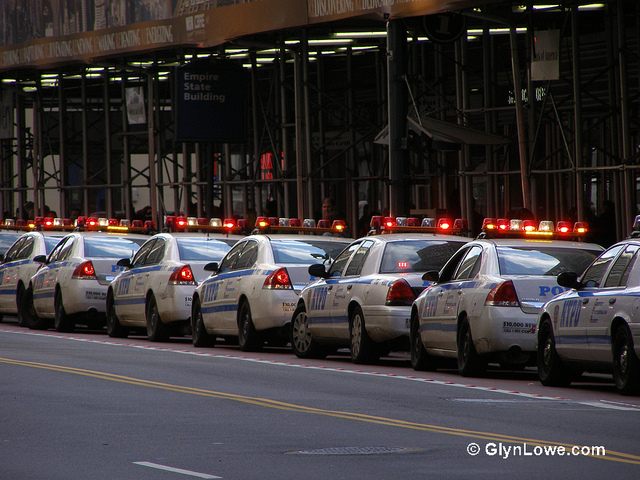Pension obligations have strained police departments across the county as they weigh ways to cut costs without hurting the quality of their force.
But sound solutions are hard to come by as benefit cuts make it harder to recruit and retain good officers.
By the same token, mounting pension obligations make it more unlikely cities will spend money on hiring new officers even as department numbers dwindle.
From Bloomberg:
The shortfalls in the 25 largest state and local-government pensions have tripled over the past decade to more than $2 trillion, according to Moody’s Investors Service. Those gaps, which persist even as the stock market reaches record highs, have mayors scrapping plans to increase patrols and reopen precincts as they spend more on retirement instead.
In cities that cut benefits, officers have quit or retired, underscoring the challenge of balancing the promises of the past with the duties of the present.
“The difficulty you run into when you have minimal staffing is there’s less proactive time that an officer can spend on community-oriented policing,” said Brian Marvel, president of the police union in San Diego, where the number of officers has dropped by 200 since 2009. “There are officers out there doing great work every day. They’re just not doing as much of it.”
[…]
The diminished force in San Diego, which has declined to 1,850 sworn officers from 2,050 five years ago, mirrors a national trend: There were about 390,000 police officers nationwide in 2013, down 14 percent from four years earlier, according to the Federal Bureau of Investigation’s most recent figures.
Rebuilding police ranks is crucial to preventing their standing in communities from slipping even more, said George Kelling, a senior fellow at the Manhattan Institute for Policy Research, a New York nonprofit that studies techniques for making police more effective at reducing crime.
“Community policing is very labor intensive, and if you want to get out into the community, you have to have the resources,” said Kelling, who helped develop law-enforcement tactics adopted in New York. “Most cities ought to be viewing policing as an investment rather than a cost.”
San Diego’s police force isn’t only declining in terms of officers employed; the force has become less experienced, as the average officer only has 6 years of police experience, according to Bloomberg.
Photo by www.GlynLowe.com via Flickr CC License

